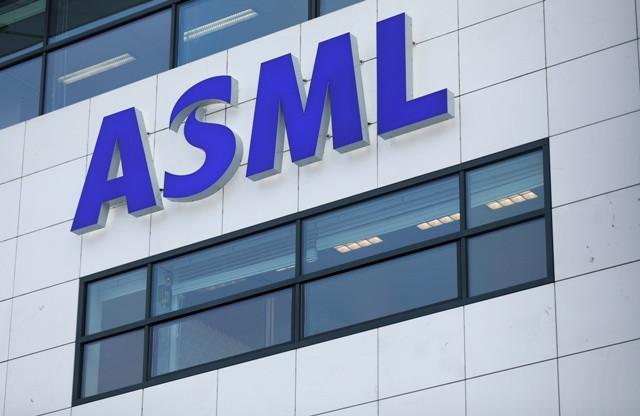Chipmaking tool manufacturers Lam Research and ASML Holdings NV have expressed their expectations for a surge in sales to China in the coming months, despite U.S. export restrictions on cutting-edge semiconductor equipment. The California-based Lam Research and the Netherlands' ASML Holdings NV have reported quarterly earnings that surpassed analyst predictions. The two companies believe China's strong demand for less-advanced chips, such as those used in electric vehicles (EVs), will result in the country becoming a more significant customer for the industry.
Both firms anticipate sales to Chinese companies to increase even as the U.S. imposed extensive restrictions on China's semiconductor sector in October. The restrictions were based on concerns that Beijing was utilizing American chipmaking technology to modernize its military. Lam Research is subject to U.S. export restrictions, while ASML will face new rules from the Dutch government on China sales later this year. However, these rules have only impacted equipment used in producing the most advanced chips.
Lam Research and ASML noted that Chinese customers are purchasing tools for constructing less advanced chips used in products like EVs, mobile phones, and personal computers. This comes amid China's push for greater self-sufficient production. Lam Research had initially estimated that the China restrictions would result in a revenue loss of $2 billion to $2.5 billion in 2023. However, the company received a "clarification" of the rules from the U.S. government that, according to CFO Doug Bettinger, would allow Lam Research to sell "a few hundred million dollars" worth of tools initially considered banned.
ASML reported a backlog of approximately €39 billion, equivalent to around two years of tool shipments. CEO Peter Wennink informed investors during a conference call that Chinese customers working on less advanced chips account for about 30% of these orders. This reflects a significant increase since November when ASML reported that China made up 18% of its €38 billion backlog.
Wennink explained that Chinese chipmakers are focusing on markets like electric vehicles, which require a larger number of chips than combustion-engine vehicles. These chips do not necessitate ASML's most advanced tools.
Later this year, ASML will need to apply for Dutch export licenses for immersion deep ultraviolet lithography machines (DUV) for shipment to China after the U.S., Dutch, and Japanese governments agreed to regulate the tools. While not ASML's most advanced machines, they are still capable of producing powerful computing chips and were previously unrestricted by export rules.






